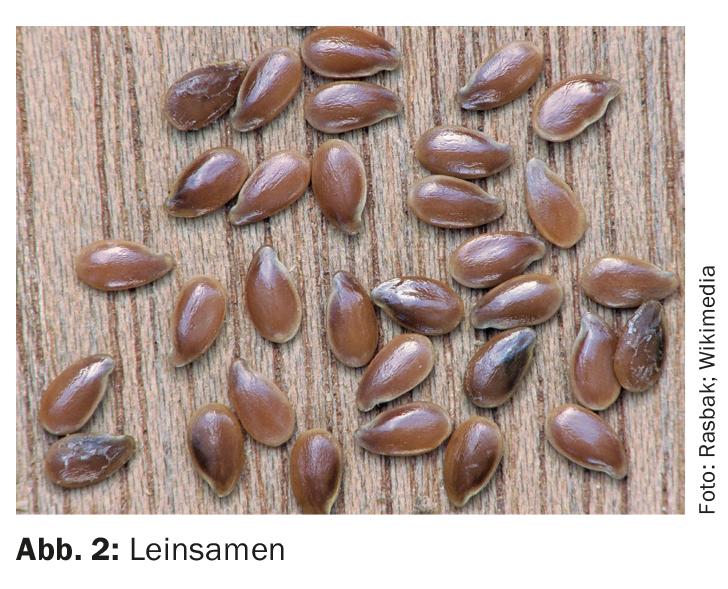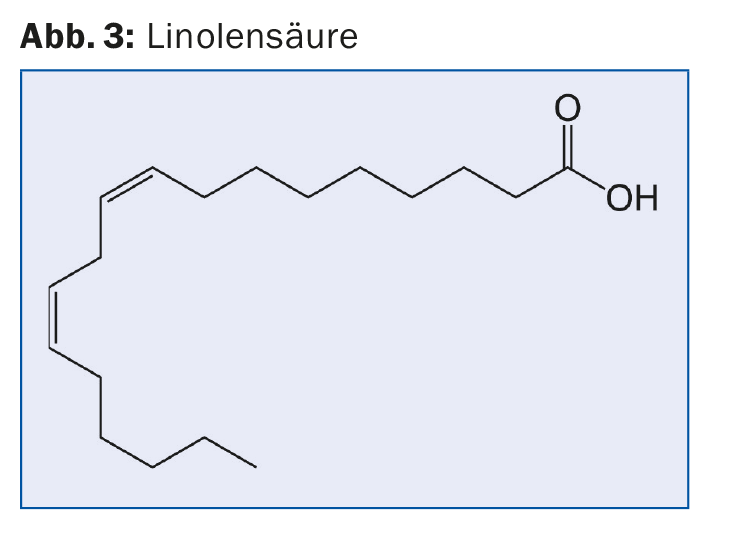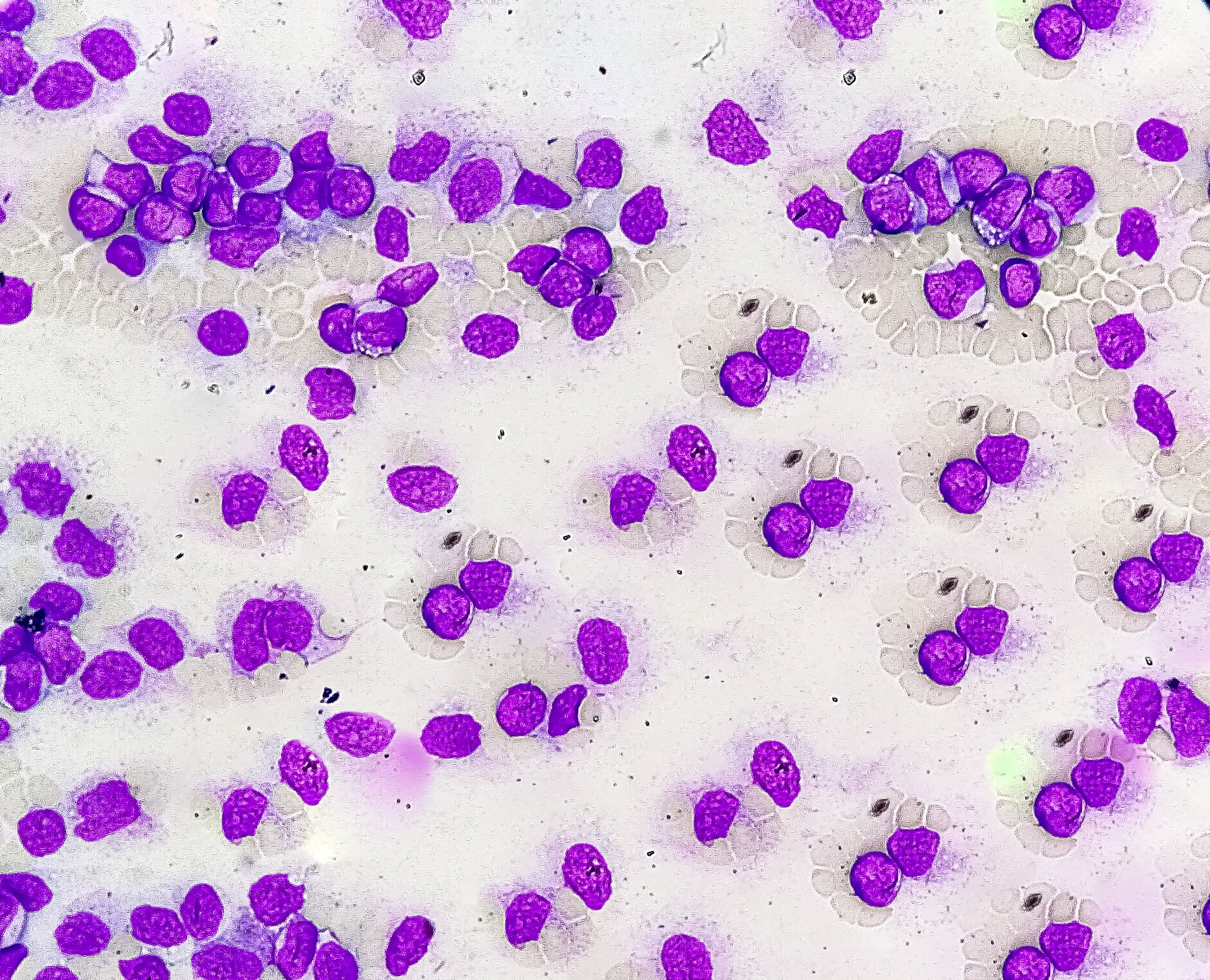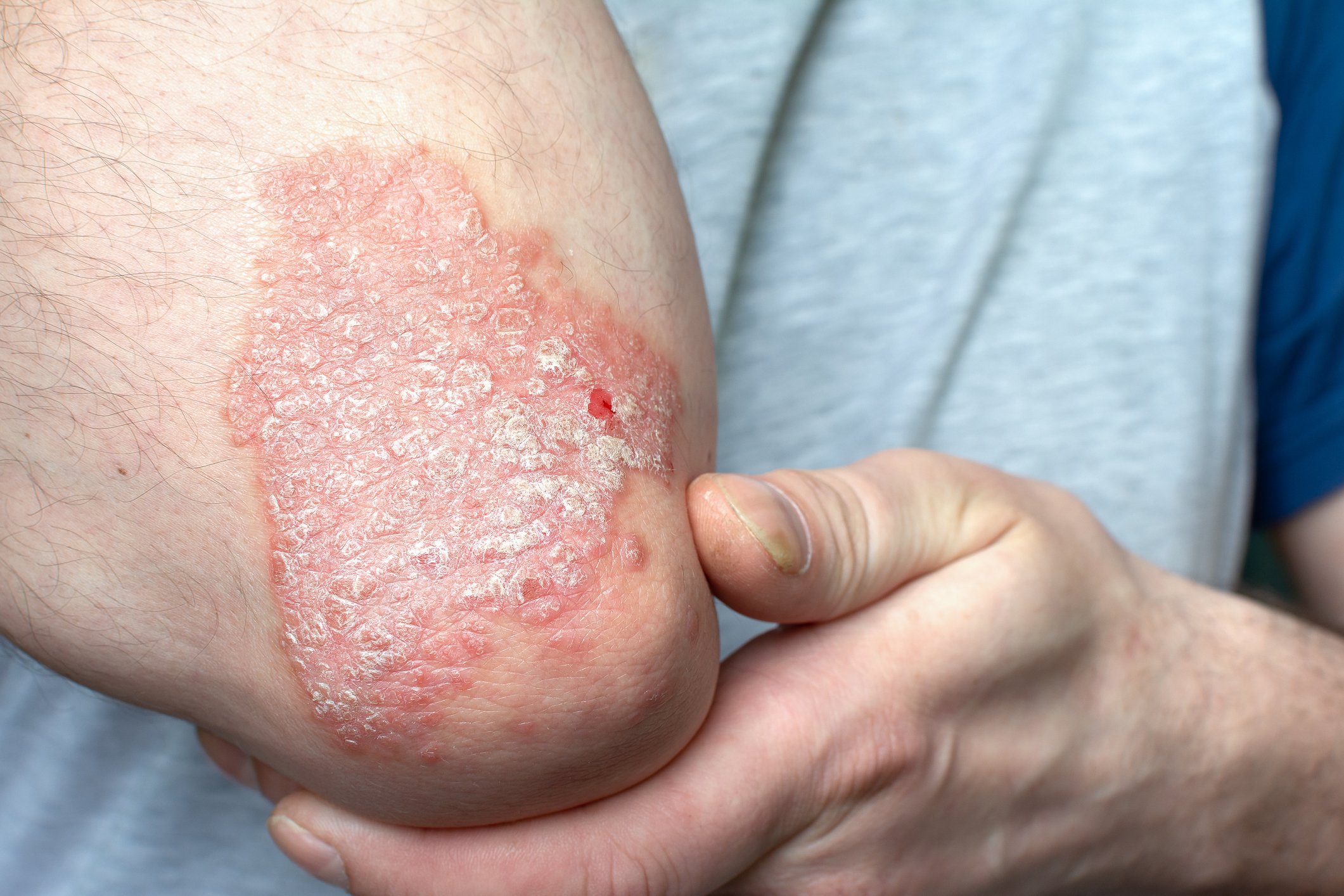Flaxseeds have a long folk medicine tradition as a stool regulator and for the treatment of irritable bowel and irritable stomach. More recent is its use as a supplier of omega-3 fatty acids.
Flax (from the Linaceae family), also called flax (Fig. 1), is a versatile cultivated and medicinal plant, which is already evident from its botanical name Linum usitatissimum L.: “usitatissimum” means “very useful”. Flax is one of the oldest plants grown by humans. There is evidence that flax fibers were used to make clothing more than 20,000 years ago. Until the end of the 19th century, large quantities of flax were used to produce fibers, until flax was then almost completely displaced by cotton. For some years now, flax has been considered an ecological natural fiber and is thus experiencing a renaissance. Linseed or flax fibers are obtained from the stems of Linum usitatissimum and form bundles. This distinguishes them from cotton fibers, which are derived from cottonseed fibers and are unbonded.

Ingredients
The medicinally used part of flax is the seed (Fig. 2), in the hull of which mucilage, dietary fiber, protein and fatty oils are found. The most important components of mucilage are xylose, galactose and galacturonic acid. Oleic, linoleic and linolenic acids are found in the fatty oil (Fig. 3).

In addition, small amounts of cyanogenic glycosides are present in flax. The splitting off of cyanides and formation of hydrocyanic acid in an acidic environment is generally considered to be harmless.
The active ingredients are found in the flax seeds or in the seed coat. There are abundant mucilages, which are composed of the sugars xylose, galactose and galacturonic acid, among others. In addition, in the seeds there are about 25% fiber, 25% protein and 30-45% fatty oil. This consists mainly of oleic, linoleic and linolenic acid. The latter belongs to the omega-3 fatty acids. Flax has one of the highest concentrations of these of all plants and is therefore also an ideal supplier of omega-3 fatty acids for vegetarians and vegans. There are no linseed oil preparations approved as medicines on the market in Switzerland, but there are some dietary supplements.

Flaxseed as a stool regulator
However, the most important medicinal use of flaxseed is as a stool regulator. The mucilage binds water in the intestinal tract and swells. This increases the volume of the intestine and stimulates digestion. Thus, flaxseed belongs to the stool regulants with mild but good efficacy. The fatty oil has a synergistic effect, acting as a lubricant and accelerating the passage of intestinal contents.
Its use as a stool regulator is largely based on folk medical experience, but it has been used for centuries. There are few scientific studies that have investigated the effectiveness of this method. A 2012 animal pharmacology study attests to flaxseed’s laxative effect in experimentally constipated mice [1]. In 2007, a study was published in which the authors used a literature search to review the evidence of various propagated effects of flaxseed. Flaxseed was supposed to help with constipation, hyperlipidemia, coronary heart disease (CHD), hypertension, and so on. The authors came to a negative conclusion for all these reviewed applications: “…, the available literature does not support recommendation for any condition at this time” [2].
A positive result was provided by a 2015 study investigating its efficacy as a laxative in hemodialysis patients [3]. In this randomized, double-blind, three-arm comparative study, constipated hemodialysis patients received either mineral oil, olive oil, or flaxseed oil for four weeks. The baseline dose was 4 ml and could be adjusted during the course of the study. In all study arms, constipation improved significantly according to Rome III criteria.
In Switzerland, there is no approved drug containing only flaxseed as an ingredient. However, there are combination preparations. These are contraindicated for pregnancy and lactation, as well as for children under six years of age.
The daily recommended dose for flaxseed is 2-3 tablespoons, which must be taken with enough water to prevent the mucilage from sticking to the intestines and causing intestinal obstruction in extreme cases.
Flaxseed for Irritable Bowel Syndrome (IBS)
Another folk medicine application of flaxseed is the treatment of irritable stomach or irritable bowel. In this case, flaxseed can be ingested or grinded and warmed and placed on the abdominal wall as a porridge.
A study published in 2012 investigated the effect of whole and ground flaxseed in Irritable Bowel Syndrome (IBS) compared to placebo [4]. In this study, 40 patients with IBS randomized into three groups received two tablespoons daily of whole flaxseed (A: n=14), ground flaxseed (B: n=13), or no treatment (C: n=13) for four weeks. Before and after treatment, symptom severity was determined as the primary outcome variable, and improvement in the three groups was compared.
No difference in efficacy was observed between the two verum groups (p=0.62). Both whole and ground flaxseeds were found to be more effective than no treatment (A vs. C: p=0.12 and B vs. C: p=0.10, respectively). However, neither of the verum groups reached significance compared with the untreated group. From this, the authors concluded that flaxseed has some efficacy for treating IBS, but this needs to be further verified with additional studies. This also concerns the difference in effectiveness between whole and ground flaxseeds.
Summary
The ancient cultivated plant Linum usitatissimum, flax, has a long folk medicine tradition as a stool regulator and for the treatment of irritable bowel and irritable stomach. Data are modest but suggest some efficacy. This and folk medicine tradition support the use of flaxseed as a stool regulator or mild laxative for mild forms of irritable stomach and irritable bowel syndrome.
A rather new application possibility is offered by flax as a source of omega-3 fatty acids.
Literature:
- Xu J, et al: Laxative effects of partially defatted flaxseed meal on normal and experimental constipated mice. BMC Complement Altern Med 2012; 12: 14.
- Basch E, et al: Flax and flaxseed oil (Linum usitatissimum): a review by the Natural Standard Research Collaboration, Soc Integr Oncol 2007; 5(3): 92-105.
- Ramos CI, et al: The short-term effects of olive oil and flaxseed oil for the treatment of constipation in hemodialysis patients, J Ren Nutr 2015; 25(1): 50-56.
- Cocherell KM, et al: Effects of linseeds on the symptoms of irritable bowel syndrome: a pilot randomized controlled trial. J Hum Nutr Diet 2012; 25(5): 435-443.
HAUSARZT PRAXIS 2018; 13(6): 4-5











